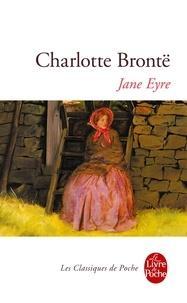Gertie MacDowell reseñó Jane Eyre de Charlotte Brontë
A worthy classic
4 estrellas
This was my first ever Brontë novel (no, really). I was of course familiar with the literary family but had never read any of their work (for no purposeful reason). So it was with a degree of excitement that I started Jane Eyre wondering what the popular Victorian novel could hold.
I enjoyed it from the start, and I enjoyed it more as I devoured it over three days of a holiday. Certain anachronisms aside, the social commentary was informative, and the character of Jane Eyre remarkably fresh given her age. Her personal growth throughout the novel (along with other characters') was probably the best I'd read up until that point.
Some aspects of the story I found a bit weak but overall it was a satisfying ending in the context of the time and place.
This was my first ever Brontë novel (no, really). I was of course familiar with the literary family but had never read any of their work (for no purposeful reason). So it was with a degree of excitement that I started Jane Eyre wondering what the popular Victorian novel could hold.
I enjoyed it from the start, and I enjoyed it more as I devoured it over three days of a holiday. Certain anachronisms aside, the social commentary was informative, and the character of Jane Eyre remarkably fresh given her age. Her personal growth throughout the novel (along with other characters') was probably the best I'd read up until that point.
Some aspects of the story I found a bit weak but overall it was a satisfying ending in the context of the time and place.


